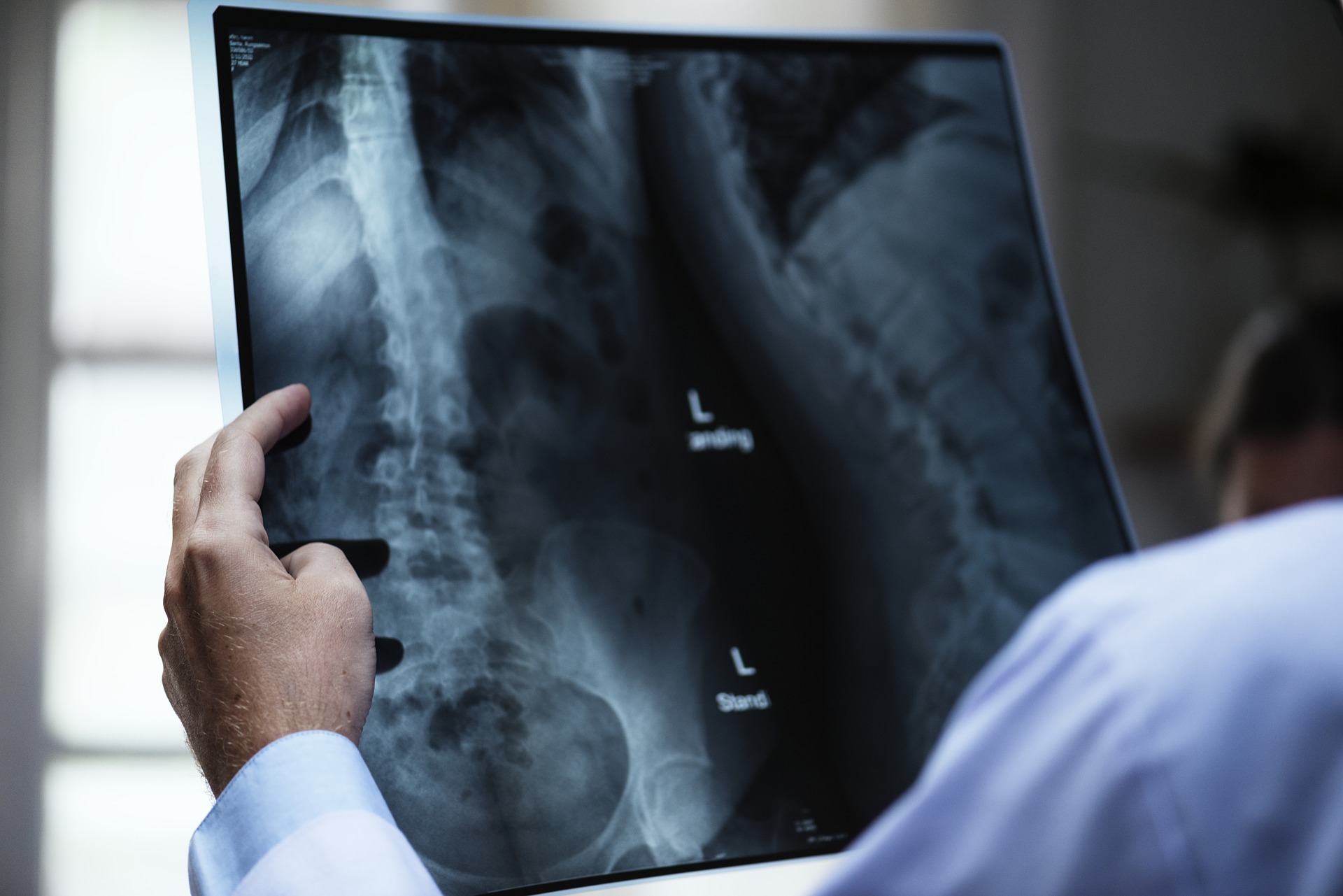The security of medical data must be guaranteed
01.10.2019
Petra Kistner
Petra Kistner
Digitalisation is progressing. Also in doctors’ practices. A current topic, which we have just discussed with the participants at the BMVZ-Praktikerkongress on 27.09.2019 in Berlin: The video consultation hour.
It has been offered for some time, and since 1.4.2019 all indications can be treated via the video consultation hour, according to the KVB. The acceptance among the population is still low. Much depends on how well patients feel cared for in the video chat. Because medicine needs empathy and trust.
To ensure that this is the case, a number of technical and data-protection issues need to be considered. The consultation hours must be confidential and trouble-free and must not be recorded. It takes place via a peer-to-peer connection and must be encrypted end-to-end. Video service providers may only use servers in the EU and all metadata must be deleted after three months at the latest.1 So far so good.
But here the question arises once again, how secure is the storage of data on external servers? Not just recently, in September 2019, after research by Bayerischer Rundfunk and the US investment platform ProPublica, information was published according to which several million patient data have landed on openly accessible servers in the network worldwide. “In Germany, more than 13,000 patient records are affected”2, says Margrit Lingner of Healthcare Computing magazine. A disturbing finding.
Because - the security of medical data MUST be guaranteed.
-
https://www.kvb.de/praxis/it-in-der-praxis/videosprechstunde/ ↩︎
-
Healthcare Computing, 17.09.2019, Author Margrit Lingner, ID: 46141010 ↩︎
